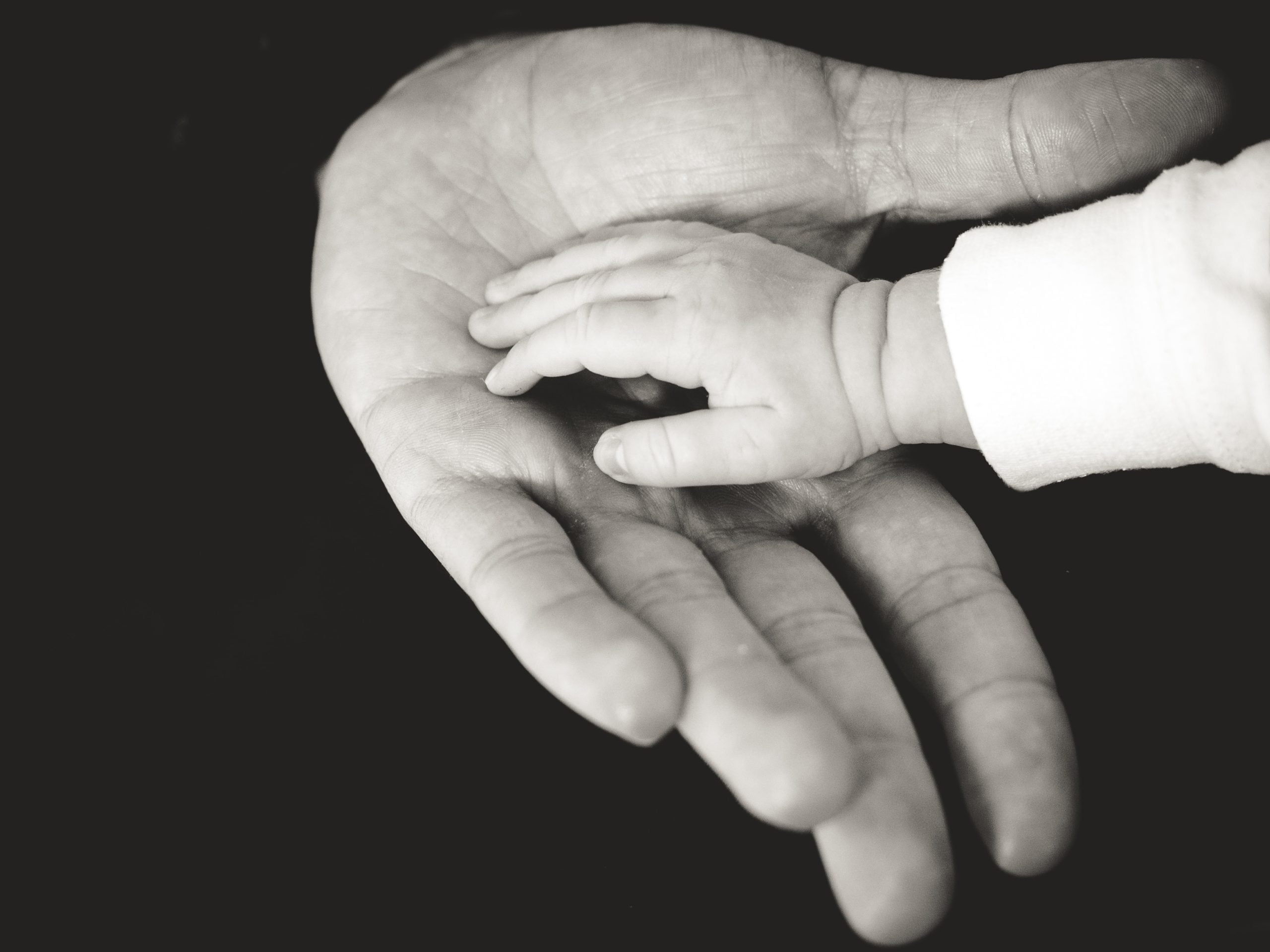If a child talks about abuse : What protective adults need to know:-
Three quarters of children who are sexually abused do not tell anyone about it and many keep their secret all their lives.
Sexual abusers are more likely to be people we know, and could well be people we care about; after all more than 8 out of 10 children who are sexually abused know their abuser. They are family members or friends, neighbors or babysitters and/or many hold responsible positions in society.
The closer the relationship between the abuser and the victim, the less likely they are to talk about it.
Children often show us rather than tell us that something is upsetting them so being aware of the signs is vital. However, children may give vague hints that something is happening.
Their information may not be clear and they may not have the words to explain what is happening to them. The way adults respond to this is vital to ensuring the child’s safety.
Respond with care and urgency
If you think a child is trying to tell you about a sexually abusive situation, respond promptly and with care.
The police and children’s social services have joint working arrangements for responding to suspected child sexual abuse.
They are experienced in this work and will deal sensitively with the child and family.
Believe the child
If a child trusts you enough to tell you about abuse, you must remember that they rarely lie about such things.
Although it may be hard to believe that someone we trust or care about is capable of sexually abusing a child, it’s highly unlikely that a child would deliberately make false accusations about adult-like sexual behaviours.
The pressures on the child to keep silent are enormous. It takes tremendous courage to talk about abuse.
A child’s claim that sexual abuse did not happen (when it actually did), or taking back a disclosure of abuse are common.
Sometimes the child’s account of what happened changes or evolves over time. This is a common pattern for disclosure and should not invalidate their story.
Be supportive
It is important that they feel supported.
Don’t dismiss their claims or put them off talking about it.
Stay calm
If they are talking to you about it, don’t get angry. Stay calm and steady.
If you get angry the child may think you are going to punish them. This will play into the hands of the abuser who warned the child not to tell.
Be caring
Make sure the child knows you love them and that they have done nothing wrong, and keep telling them that.
The child will need to see that adults believe them and they are doing all they can to protect them.
Make sure the child knows they were right to talk about it and that you are glad they came to you.
Face the problem
When the abuse is known, adults must face the problem honestly, protect the child at all costs and place responsibility appropriately with the abuser.
Get help
Get help from professionals who can help guide you towards safety and healing.
Information on sources of help can be found on our get help or further support and useful links pages.
Do not despair
Children can and do recover from child sexual abuse.
It is incredibly difficult to hear that someone you love has been hurt in such a way but help to recover is available.
